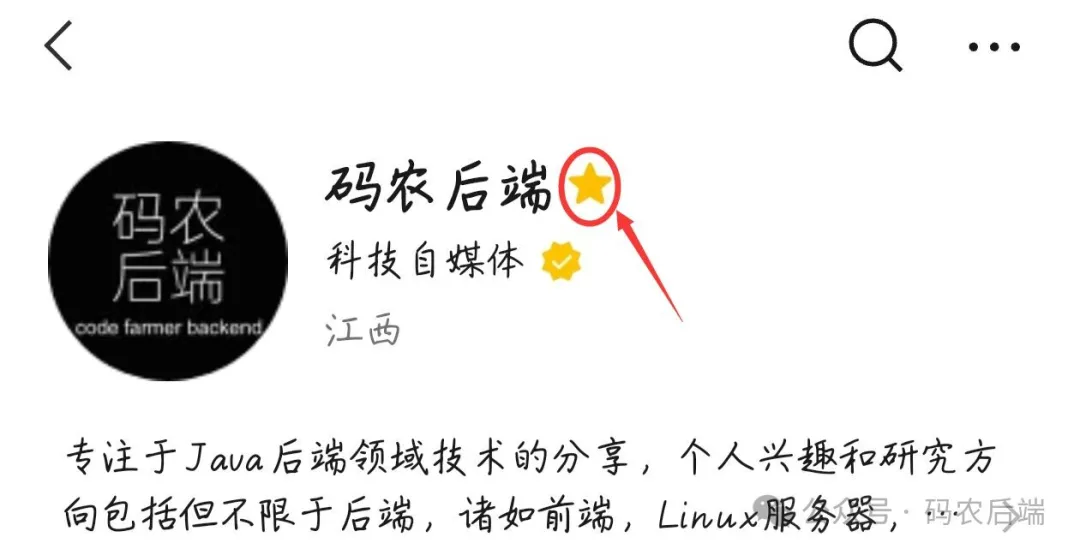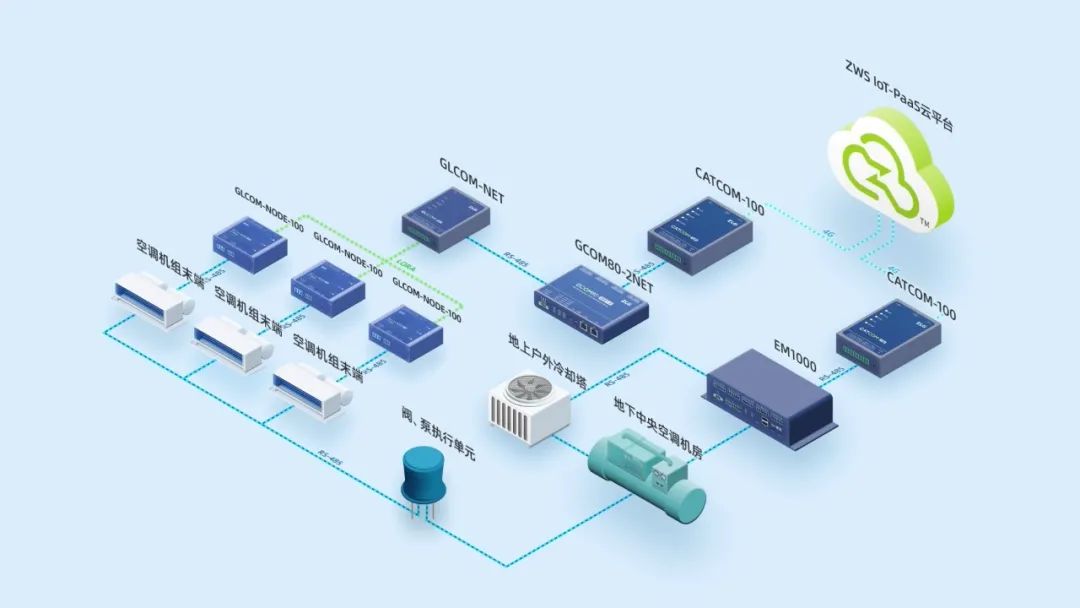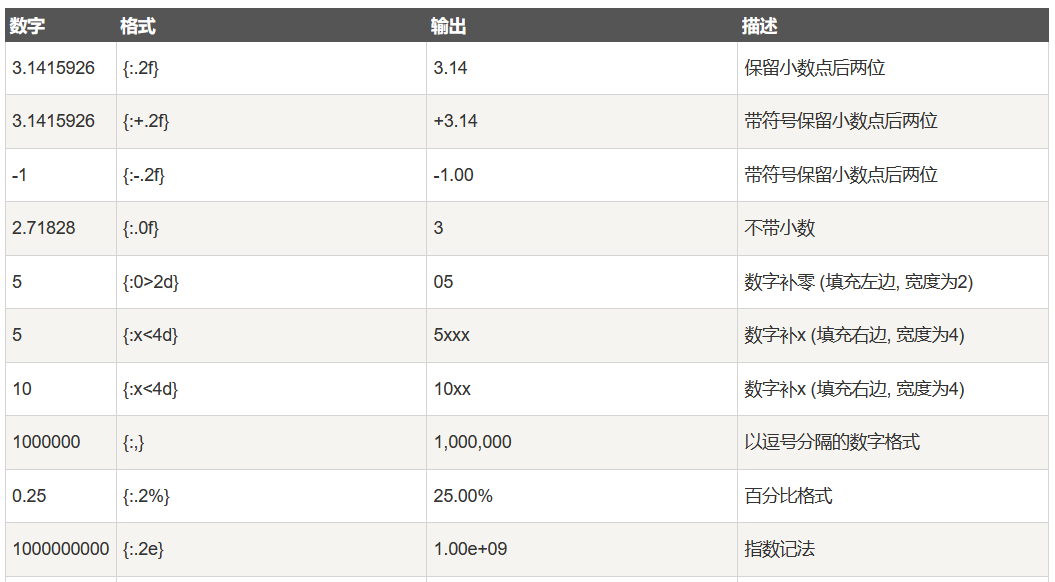rust rest api接口开发
所需依赖
- axum
- tokio
- redis
cargo add axum redis
cargo add tokio --features=full
路由服务创建和运行
//子路由
let v1router = axum::Router::new();
//主路由,并将子路由绑定到主路由
let router=axum::Router::new().nest("/v1",v1router);let l = tokio::net::TcpListener::bind("0.0.0.0:8080").await.expect("bind 8080 failed");axum::serve(l, router).await.expect("serve server failed");
handle 函数到路由
router调用route等函数后会转移自身,所以你可以选择两种方式使用router:链式调用,和重新赋值
链式调用
use axum::routing::get;
let router=axum::Router::new().route("/echo1",get(echo1)).route("/echo2",post(echo2));
重新赋值
use axum::routing::get;
let router=axum::Router::new();
let router=router.route("/echo1",get(echo1));
let router=router.route("/echo2",get(echo2));
handler 函数
rust axum的handler函数相对于golang 的web框架来讲要比较智能,他已经帮你自动做好mvc中的controller层,而golang的gin框架和iris都需要或多或少自己实现或者使用mvc脚手架(例如iris/mvc),更要命的是大部分脚手架都是使用golang运行时反射实现的,性能相对于在编译期间通过宏来静态反射生成的要差许多
这是一个简单的不需要任何参数,直接返回hello的接口。当然如果你需要从body中读取json或者原body都可以在函数参数加,axum会自动识别,响应如果需要制定status也可以在响应里添加StatusCode
let router=router.route("/greet",get(||async{Html("hello")
}));
这个接口也可以这样写
let router=router.route("/greet",get(greets));//函数定义
async fn greets()->Html<&'static str>{return Html("hello");}
中间件
let router=router.layer(axum::middleware::from_fn(|req:Request,next:axum::middleware::Next|async{
//做你想做的操作,next.run等效于golang web框架中xxx.Context 下的Next()next.run(req).await
}));
Service注册
let router = router.layer(axum::Extension(Arc::new(WebService::new(AuthService::new("redis://localhost:6379"),
))));
以登陆和鉴权接口演示
这里以登陆和鉴权接口进行演示,登陆成功后将token存入redis中. 为了方便演示流程,就直接忽略数据库里查询匹配,用户名和密码一样就模拟通过
#[cfg(test)]
mod web{use std::sync::Arc;use axum::{extract::Request, http::HeaderMap, middleware::Next, response::Html, Extension, Json,};use tokio::sync::Mutex;#[tokio::test]async fn start() {let v1router = axum::Router::new().route("/greet", axum::routing::get(greet)).layer(axum::middleware::from_fn(|Extension(ext): Extension<Arc<WebService>>,mut req: Request, next: Next| async move {//token校验,没有什么也不返回,当前中间件只对v1router中服务生效let token = req.headers().get("token");if let None = token {return axum::http::Response::<axum::body::Body>::new(axum::body::Body::empty(),);}let token = token.unwrap().to_str().unwrap();let mut bl = ext.auth_service.lock().await;let username=bl.check_token(token.to_string());if let None=username{eprintln!("not found token {token}");return axum::http::Response::<axum::body::Body>::new(axum::body::Body::empty(),);}let username=username.unwrap();req.headers_mut().insert("userName", username.as_str().parse().unwrap());drop(bl);let response: axum::http::Response<axum::body::Body> = next.run(req).await;response},));let router = axum::Router::new().route("/login", axum::routing::post(login)).nest("/v1", v1router).layer(axum::Extension(Arc::new(WebService::new(AuthService::new("redis://localhost:6379"),))));let l = tokio::net::TcpListener::bind("0.0.0.0:8080").await.expect("bind 8080 failed");axum::serve(l, router).await.expect("serve server failed");}async fn login(Extension(ext): Extension<Arc<WebService>>,Json(req): Json<args::Login>,) -> Json<resp::Response<String>> {let mut bll = ext.auth_service.lock().await;match bll.login(req.username, req.password) {None => Json(resp::Response::error("login failed")),Some(token) => Json(resp::Response::ok(token)),}}async fn greet(headers: HeaderMap) -> Json<resp::Response<String>> {let username = headers.get("userName").unwrap().to_str().unwrap();Json(resp::Response::ok(format!("hello {username}")))}struct WebService {auth_service: Mutex<AuthService>,}impl WebService {pub fn new(auth: AuthService) -> Self {Self {auth_service: Mutex::new(auth),}}}struct AuthService {red_conn: redis::Client,}impl AuthService {pub fn new(uri: &str) -> Self {Self {red_conn: redis::Client::open(uri).expect("connect to redis failed"),}}pub fn login(&mut self, username: String, password: String) -> Option<String> {if username != password {return None;}let now = std::time::SystemTime::now().duration_since(std::time::UNIX_EPOCH).unwrap().as_millis();let now = (now % (1 << 32)) as u32;let token = format!("{:2x}", now);let mut conn = self.red_conn.get_connection().expect("get redis connection failed");let ans = redis::cmd("set").arg(token.as_str()).arg(username).arg("EX").arg(60 * 60).exec(&mut conn);if let Err(err) = ans {eprintln!("set token to redis error {err}");}Some(token)}pub fn check_token(&mut self, token: String) -> Option<String> {let mut conn = self.red_conn.get_connection().expect("get redis connection failed");let ans = redis::cmd("get").arg(token.as_str()).query::<String>(&mut conn);match ans {Ok(data) => Some(data),Err(err) => {eprintln!("check from redis failed {err}");None}}}}mod args {#[derive(serde::Deserialize)]pub struct Login {pub username: String,pub password: String,}}mod resp {#[derive(serde::Serialize)]pub struct Response<T> {ok: bool,reason: &'static str,data: Option<T>,}impl<T> Response<T> {pub fn ok(data: T) -> Self {Self {ok: true,reason: "",data: Some(data),}}pub fn error(reason: &'static str) -> Self {Self {ok: false,reason: reason,data: None,}}}}}
结果展示
测试脚本
#!/bin/bash
function login(){curl -H 'Content-Type:application/json' -X POST http://localhost:8080/login -d '{"username":"jesko","password":"jesko"}'
}
function greet(){curl -H "token:$token" -X GET http://localhost:8080/v1/greet
}
for va in "$@";do$va
done











![[数据集][目标检测]电力场景输电线防震锤检测数据集VOC+YOLO格式2721张2类别](https://i-blog.csdnimg.cn/direct/bb555640fe714d93a133bcd0691ba618.png)





![polarctf靶场[WEB]cookie欺骗、upload、签到](https://i-blog.csdnimg.cn/direct/f48125592cdb4e4d83064247913a4520.png)

